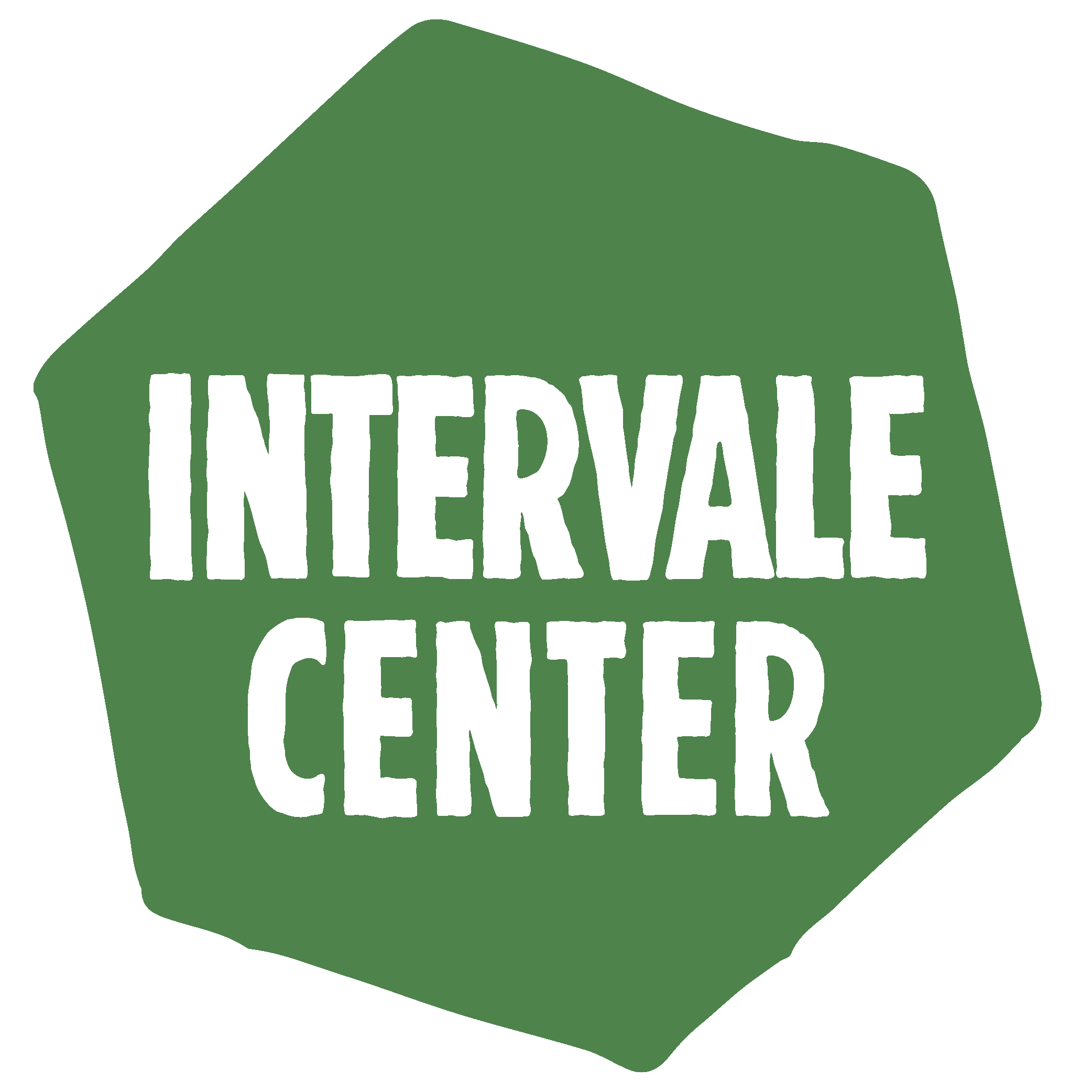COVID-19's Impact on Vermont Farming and Food Businesses
Hannah Doyle of Boneyard Farm with her flock of chickens
Covid-19 has drastically impacted all aspects of our world, altering the lives of many and shifting the landscape of how companies and establishments from all sectors are able to do business. The agricultural sector has and still faces economic and business difficulty rooted in the shifts created by Covid-19. Vermont’s local farming and food businesses have been no exception to these challenges.
In a survey of 223 Vermont farms and food businesses taken by the University of Vermont and published in February of 2021, researchers found that the majority of respondents experienced a Covid-19 business impact. A majority of the respondents claimed that they felt it was necessary for them to make changes to their businesses to properly respond to Covid-19’s impact.
Emily and Sean of Half Pint Farm
However, consequently, the survey also found that more times than not, the respondents disagreed with the idea that they had access to adequate resources for them to make these changes.
For those who are on the cusp of or interested in beginning their agricultural business, Covid-19 has added a plethora of challenges that has made the process of establishing a new business more difficult than ever before. Some of these challenges include the negative impact on agricultural businesses due to a nationwide increase in food insecurity, as well as restricted food trade policies, rising demand for agricultural land, lack of direct, local and restaurant markets, and financial pressures in the food supply chain.
More than ever, it is crucial for farmers to understand the business side of agriculture. This now involves potentially altering business strategy and planning to better adapt to the changes that the Covid-19 pandemic has imposed on the farming industry.
To help farmers adjust to these and the many other changes brought on by Covid-19, the Intervale Center provides individualized business planning and consulting services to farmers at all levels in order to make their agricultural businesses more resilient. Whether it be through financial analysis, cash flow planning, property assessments or financial planning, the Intervale Center provides the resources and knowledge needed for Vermont farms and food businesses to achieve their financial goals and maintain the wellbeing of their establishments.
Emily and Rose of Union Brook Farm
Pre-pandemic, the Center’s planners sat at kitchen tables and walked farm fields with farmers to understand their businesses and address their specific needs. The pandemic forced these visits to go remote with planners and farmers connecting via Zoom or on the phone. Recently, planners have been able to begin to visit with some of their 2020 clients in person for the first time! With the vaccine now rolling out, Vermonters are hopeful that Covid-19 may soon be in the rearview mirror. However, this does not mean that the changes imposed by the pandemic will instantly go away. Covid-19 has taught businesses to be resilient and adaptable and has put them through adversity that can only strengthen their core businesses and practices going forward.
Guest written by UVM Student, Matt Eldredge



